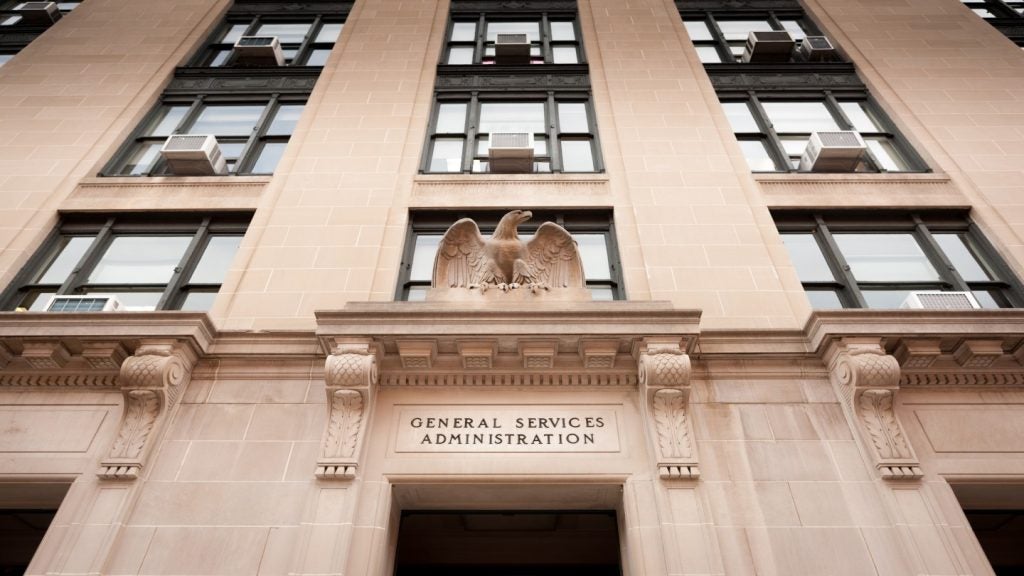The US General Services Administration (GSA) has issued a final rule for addressing and minimising single-use plastic (SUP) and packaging materials across the Federal Supply Schedule (FSS) contracts.
The rule amends the GSA Acquisition Regulation (GSAR) and encourages plastics-free packaging across all agency purchases and supply chains.
GSA-directed and managed FSS is a framework that allows federal agencies to obtain supplies and commercial products and services at good prices associated with volume buying.
Finalised on 6 June 2024, the new rule will enable GSA’s FSS contractors to clearly mention whether they provide SUP-free packaging or not as well as whether that packaging comes as a default option or is required to be specified by the ordering agency.
This move, which supports US President Joe Biden’s broader Federal Sustainability Plan, is expected to help FSS agencies mostly find/select products that help in minimising and phasing out SUP waste from the entire supply chain.
To further simplify the process of making sustainable choices for buyers, the GSA has introduced a new 'product icon' on ordering systems to highlight contractors offering SUP-free packaging.
This icon will help buyers to consider this icon while making buying decisions and choosing only those products that allow them to meet their SUP waste reduction objectives.
GSA senior procurement executive Jeffrey Koses said: “By empowering federal buyers to select products with SUP-free packaging from our FSS, we are taking a step to address the impacts of plastic pollution and further promote long-term sustainability within federal supply chains.”
For the implementation of this rule, GSA is also planning to modify FSS contracts, deploy the icon, and ensure that contractors label SUP-free packaging products.
Koses added: “This is the first broad federal acquisition rule specifically addressing the challenge of plastic waste. It emphasises GSA’s commitment to work closely with industry to address environmental stewardship in federal acquisition.
“We received feedback from large and small businesses, trade groups, and the public. This collaborative approach was important in refining the rule to ensure it successfully balances operational needs with environmental responsibilities.”
















